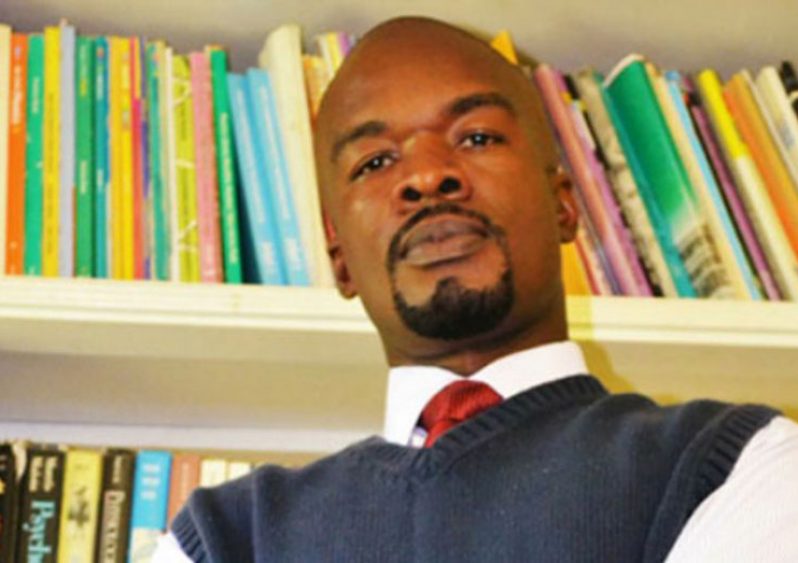– Local Psychologist
By Vishani Ragober
While efforts are ongoing to mitigate the spread and severity of the novel coronavirus (COVID-19), local psychologist, Wil Campbell, has emphasised that a deeper understanding of people’s behaviours is necessary.
“There are a number of factors at play,” Campbell said, explaining that people’s attitudes and behaviour toward the pandemic may be dependent on whether they can afford to follow the guidelines, a general lax behaviour or an irritability caused by the disruption of their regular routine.
Many people have lamented that even though they are cognisant that they should be trying to isolate as much as possible, they would not be able to support themselves or their families without going out to work each day.
One clothes vendor on Regent Street, Telly (only name given), told the Guyana Chronicle that he is fearful of plying his trade in this busy commercial district and even more fearful that he might infect his family when he returns home at night, if he contracts the virus while out there.
“I is the breadwinner and I basically putting my life on the line here, but I gotta work to take care of my family and I gotta try to protect myself at all times,” Telly said.
The psychologist explained that many persons have to fulfil their basic needs (that is, for food, shelter, safety and security) and it is for this reason they may put themselves at risk of contracting the new coronavirus.
Telly also told this newspaper that he usually spent his weekends “going out and liming” but since March, when the first case of COVID-19 was recorded in Guyana, he stopped going out to ‘lime’.
His wife and child also do not leave the family home unless it is absolutely necessary.
But Telly’s precautions are not shared by many. In fact, the psychologist contended that there are many persons who may have become irritated at not being able to engage in their usual routines, particularly their social routines, such as hanging out with friends.
“We are accustomed to living in a certain way and we don’t like anything that disrupts that routine,” Campbell said, adding later, “we become comfortable in our routines and our habits.”
A recent study by the United Nations Children’s Fund (UNICEF) Guyana, in collaboration with the Ministry of Health (MoH) showed that adapting to a different lifestyle was a major contributor to stress in the younger demographic. This was expressed by 41.7 per cent of the respondents.
Additionally, the findings illustrated that the top five ways in which adolescent survey participants were affected emotionally and mentally by the lifestyle changes due to the pandemic included: sleeping too little (57 per cent), fear (54.8 per cent), worry (51.1 per cent), loneliness (48.9 per cent), and irritability (48.1 per cent).
Finally, Campbell highlighted that there is the “personal fable” or the “feeling of invincibility” where many people, and young people at that, may just believe they cannot be infected with the coronavirus.
SANCTIONS NECESSARY
Campbell said that in the short term, the needs or routines people have may be too “powerful” to persuade them against making the adjustments for the pandemic. In order to help with positive behaviour change, however, the psychologist believes that sanctions are necessary.
“There are two options: make breaking the rules unprofitable, and make following the rules profitable, which means essentially that you reward those who follow the guidelines and punish those who don’t,” he said.
He believes that greater support to persons who may need financial support could help to reduce how often they are out in the public. On the other hand, he noted that greater enforcement may prevent persons engaging in their ‘usual’ social activities.



.jpg)











